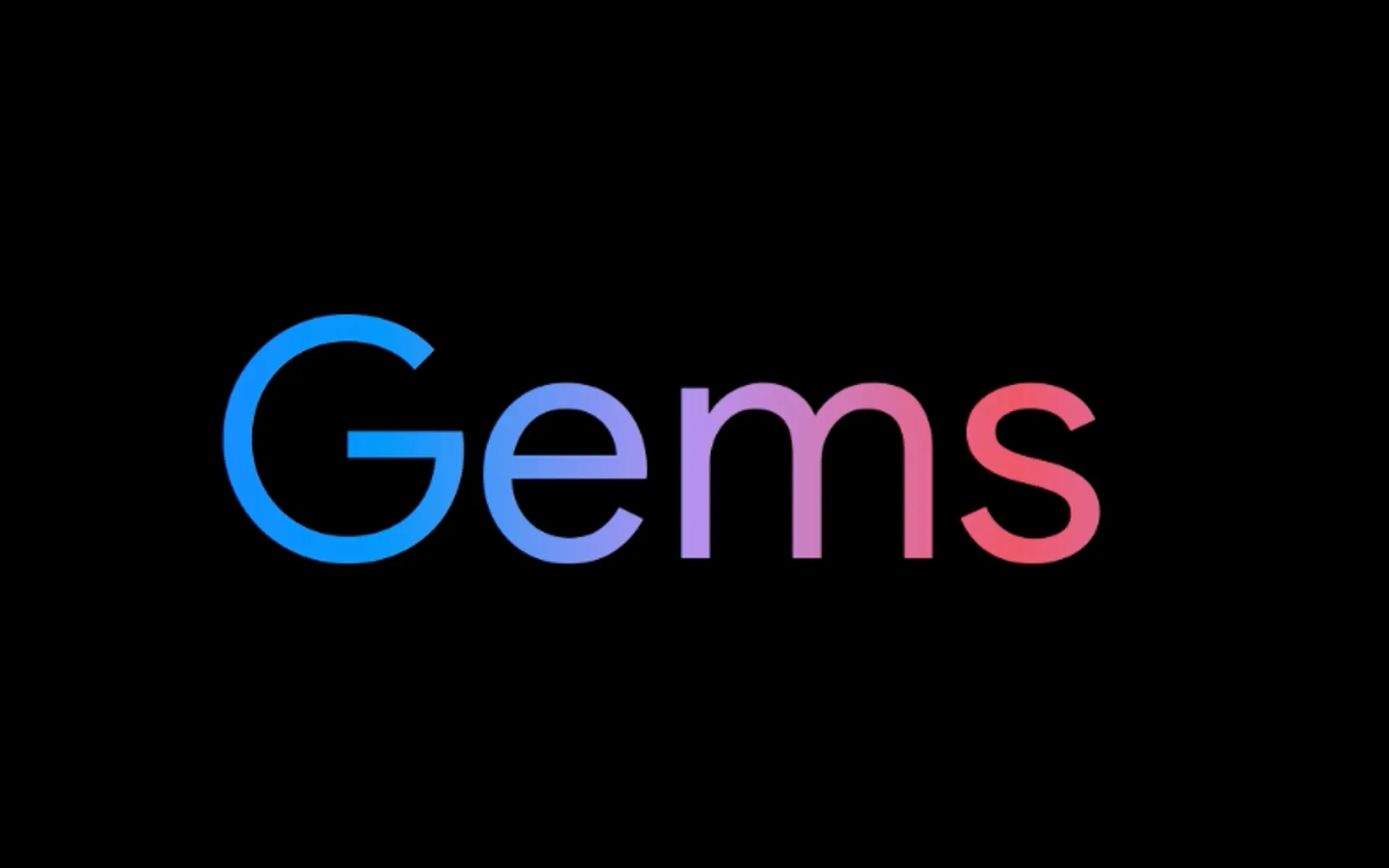Google unveils custom Gems and Imagen 3 for enhanced AI interactions
Gemini Advanced users gain personalized AI assistants; improved image generation rolls out.

Google announced significant upgrades to its Gemini AI platform, introducing Custom Gems for personalized AI assistance and rolling out the advanced Imagen 3 model for improved image generation. These new features, unveiled just one day before today's date, aim to enhance user interactions with AI across various applications, from coding and career advice to creative visual content generation.
According to Dave Citron, Senior Director of Product Management for Gemini Experiences, these updates represent a major step forward in AI customization and creative capabilities. The announcement, made through Google's official blog, The Keyword, details how these new features will be implemented across different tiers of Gemini services, including Advanced, Business, and Enterprise subscriptions.
Custom Gems, a feature first previewed at Google I/O, allows users to create tailored AI assistants for specific topics or tasks. This functionality is being rolled out to Gemini Advanced, Business, and Enterprise subscribers in more than 150 countries and most languages supported by the platform. Gems can be customized through user-written instructions, enabling the creation of AI experts on any desired topic.
The introduction of Gems addresses the growing demand for more specialized AI assistance. Users can now develop a team of virtual experts to aid in various tasks, from project brainstorming to social media content creation. The feature's ability to remember detailed instructions also promises to save time on repetitive or complex tasks.
To jumpstart user engagement with Gems, Google is launching a set of premade Gems for common scenarios:
- Learning Coach: Designed to break down complex topics for easier understanding.
- Brainstormer: Offers creative inspiration for various situations, from party planning to gift ideas.
- Career Guide: Provides detailed plans for skill refinement and career goal achievement.
- Writing Editor: Offers constructive feedback on writing, covering aspects from grammar to structure.
- Coding Partner: Assists in coding skill development and project building.
The process of creating a Gem involves naming it, providing instructions, and then engaging with it in chat format. This level of customization allows for a more tailored AI experience, potentially increasing the efficiency and relevance of AI interactions for users.
Alongside Custom Gems, Google is introducing Imagen 3, its latest image generation model. This update significantly enhances the platform's creative image generation capabilities. Imagen 3 is being integrated into Gemini Apps and will be available to users across all supported languages in the coming days.
Imagen 3 represents a substantial improvement in image quality, allowing users to generate high-quality visuals with minimal textual input. The model supports various artistic styles, from photorealistic landscapes to textured oil paintings and whimsical claymation scenes. This versatility opens up new possibilities for creative expression and visual content creation within the Gemini ecosystem.
Google emphasizes that Imagen 3 comes with built-in safeguards and adheres to the company's product design principles. The model has performed favorably in benchmarks compared to other available image generation models. Additionally, Imagen 3 continues to use SynthID, Google's tool for watermarking AI-generated images, ensuring transparency in AI-created visual content.
One of the key advancements in Imagen 3 is its improved ability to generate images of people. This feature is being rolled out as an early access version for Gemini Advanced, Business, and Enterprise users, starting with English language support. Google reports significant progress in providing a better user experience for people-centric image generation, while maintaining ethical standards by not supporting the generation of photorealistic, identifiable individuals, depictions of minors, or excessively violent or sexual scenes.
The rollout of these features is gradual, with plans to expand availability to more users and languages in the future. Google encourages user feedback during this early access phase to continue improving the technology.
For users interested in leveraging these new features, here are some key details about Gems availability and usage:
- Gems are accessible to Gemini Advanced subscribers with personal Google Accounts and to users with Gemini Enterprise, Business, or Education add-ons for work or school accounts.
- The feature is available in more than 30 languages, including Arabic, Chinese, French, German, Japanese, and Russian, among others.
- Users can create, edit, pin, and delete Gems through the Gemini web interface.
- When using Gems, users are bound by Google's Terms of Service and Prohibited Use Policy.
- For now, Gems cannot generate images or be used with Gemini Live.
It's worth noting that while these features represent significant advancements in AI technology, they also come with certain limitations and considerations. For instance, the Learning Coach premade Gem does not currently support language learning. Additionally, Google may remove Gems that violate its terms of service or prohibited use policy.
The introduction of Custom Gems and Imagen 3 reflects the rapid pace of development in AI technology and its applications. As these tools become more sophisticated and personalized, they have the potential to significantly impact various fields, from education and career development to creative industries and personal productivity.
Key facts
- Announcement date: August 28, 2024
- Custom Gems available for Gemini Advanced, Business, and Enterprise subscribers in 150+ countries
- Imagen 3 rolling out across all Gemini user tiers
- Gems support 30+ languages
- Five premade Gems launched: Learning Coach, Brainstormer, Career Guide, Writing Editor, and Coding Partner
- Imagen 3 introduces improved image quality and diverse style capabilities
- Early access to people image generation for Gemini Advanced, Business, and Enterprise users in English
- SynthID watermarking used for AI-generated images
- Gradual rollout planned with ongoing improvements based on user feedback

